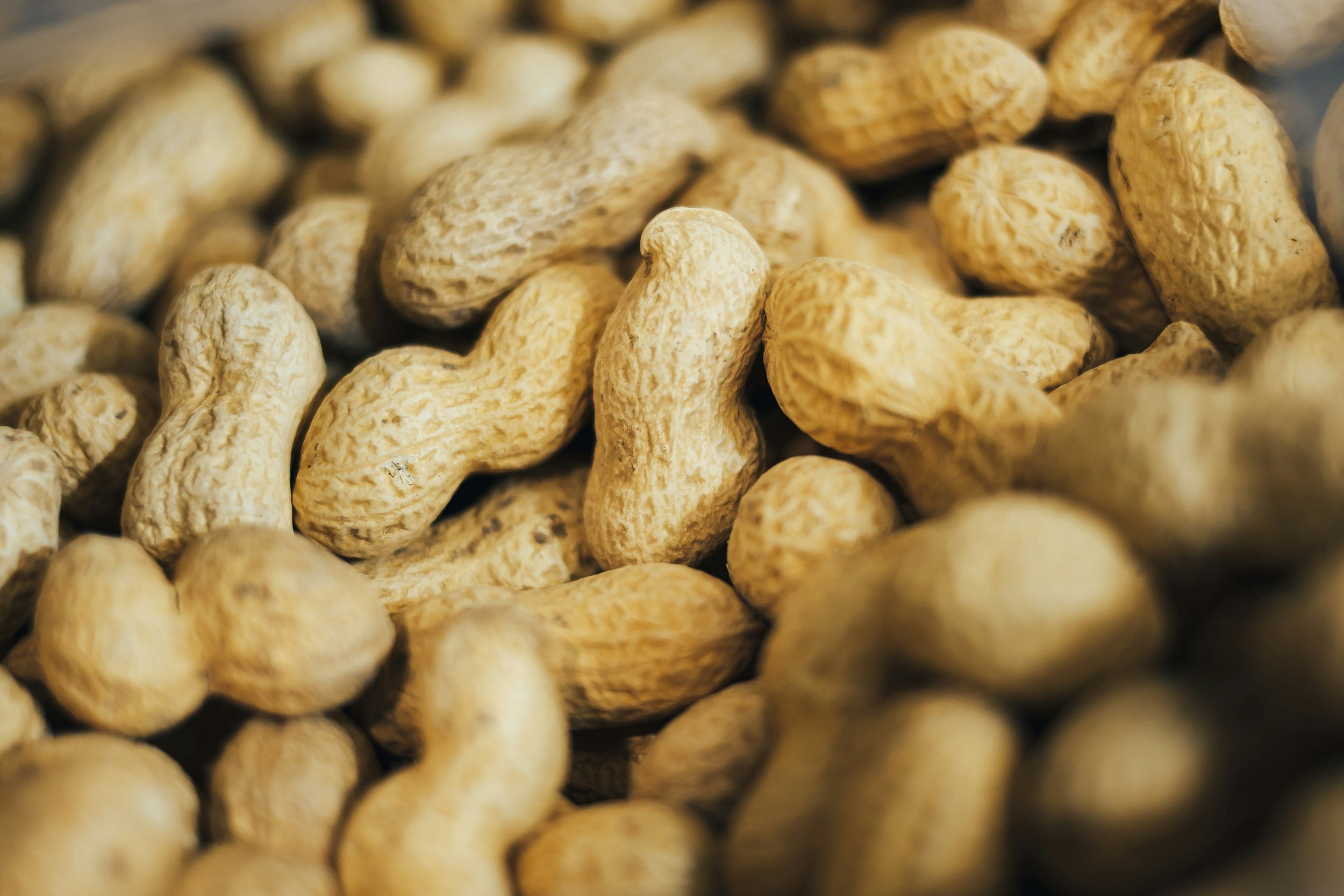
Blog & Resources
Potty Training, Sleep training, and parenting tips, stories, and more!When Is Bedwetting Considered a Problem?
Bedwetting is common in children under 7, but when does it signal a deeper issue? Learn when bedwetting becomes a medical or emotional concern, and what you can do to help your child build confidence and dry nights.
You Should Introduce Allergens Early
Introducing allergens can feel intimidating, but early exposure is one of the best ways to reduce allergy risk later on. These three practical tips will help parents introduce allergens safely, confidently, and without panic
Foods That Boost Your Babies Pincer Grip
Did you know your baby’s snack time doubles as fine motor skill training? From chasing runaway peas to squishing blueberries, the foods your little one eats can actually help boost their pincer grip and give you a good laugh along the way.
The 5 Sleep Foundations Most Parents Are Never Taught
Most parents struggle with baby sleep because they were never taught the foundational principles. Learn the 5 key foundations that make sleep easier without the stress, confusion, or endless apps.
My Number One Parenting Tip Is to Have a Sense of Humour
Parenting is messy, loud, and unpredictable, but if there’s one thing I’ve learned in 20 years of helping families, it’s this: a sense of humour is your secret weapon. From lotion-covered toddlers to epic sock standoffs, laughing through the chaos not only keeps your sanity intact but also teaches your child resilience, emotional flexibility, and the joy of everyday life. Sometimes, if your child is safe, it’s just not worth getting caught up in the drama. So why not turn it into a story you’ll laugh about for years?
Why Avoiding Tantrums Actually Creates More Tantrums (And Other Ironies)
When parents try to avoid tantrums, they often end up with more of them! Toddlers crave control but don’t yet know what’s best for them and giving in only fuels power struggles. Learn why consistent, united parenting is the key to calmer days, fewer meltdowns, and happier families.
Brain Development in a Two-Year-Old. It’s Not the Terrible Twos, It’s the Incredible Twos
Your two-year-old’s brain is growing faster than at any other time. Making over a million new connections every second! Those “terrible twos” behaviours aren’t defiance; they’re signs of incredible brain development. Learn what’s really happening inside your toddler’s mind and how to support their growth with empathy, structure, and calm
Why Your Baby Fights Naps
Is your baby constantly fighting naps? Learn why short dozes, car rides, and feeding-to-sleep habits can disrupt rest, plus 3 practical tips to help your little one nap longer and more peacefully
When Words Ruin Sleep: How Language Development Turns Bedtime into a Comedy Show
If your toddler is up singing or chatting instead of sleeping, you’re not alone! Here’s how language development can mess with bedtime and what to do about it.
Why Should I Wake My Baby by 7:00 AM
Waking your baby by 7 AM can transform their sleep, mood, and daily routine. Learn why early morning light, consistent wake times, and predictable schedules help your little one sleep better at night and how gentle shifts can make mornings easier for the whole family.
Purees Are Fine but Beware of Creating a Lazy Eater
It’s perfectly fine to start your baby on purees! Learn how to transition textures, why seeing real food matters, and how to avoid “lazy eaters” created by pouches
The Definition of Picky Eating in Toddlerhood
Your once-adventurous baby now refuses anything that isn’t beige? Welcome to toddlerhood! Here’s why picky eating is normal, and how to keep your sanity (and humor) intact.
Why Self Feeding is Important for Development
Self-feeding is more than a milestone, it’s a foundation for lifelong healthy eating and independence. Here’s what the research says about letting your baby take the lead at mealtime.
Toddler Saves Poop for Naptime or Bedtime
It’s surprisingly common for children to poop in their overnight diaper or during naps when potty training. Here’s why it happens, three tips for parents, and whether you should actually be concerned.
The Truth About “Three Day Potty Training”
The “three day potty training” method promises a fast-track to diaper freedom, but most parents quickly realize three days is more like three weeks or even three months. Here’s the truth about how long potty training actually takes, why the title is misleading, and some worldwide potty training facts to put things in perspective
Potty Training Accidents
Parents, how are potty training accidents going in your house?
Did you know that what we call “accidents” are really just kids doing what they’ve always done; peeing where they are? They’re not failing, they’re practicing
How to Thaw and Store Breastmilk Safely
Wondering how to thaw and store breastmilk without wasting a single ounce? Here are 3 practical, parent-tested tips to keep your liquid gold safe and baby-ready.
How much milk?
Turns out, toddlers aren’t mini cows. Too much milk can cause anemia, constipation, and skipped meals. Find out how to milk smarter (and laugh while you learn with me).
Tongue-Tie in Infants
Some babies with tongue-tie feed without issues, others struggle. Here’s what the research says and when to consider treatment
How to stop my child from spitting
Toddlers and spit, a combination no parent ever dreams of, yet almost every parent encounters. Spitting is tricky because it’s 100% under your child’s control, and sometimes the more you say “Don’t do it,” the more they want to do it. In this post, I break down why toddlers spit (hint: power, fun, and your reaction all play a role) and share practical strategies that actually work. Calm responses, redirection, and removing the “audience.” If you’re ready to put the brakes on this messy habit, read on.




















